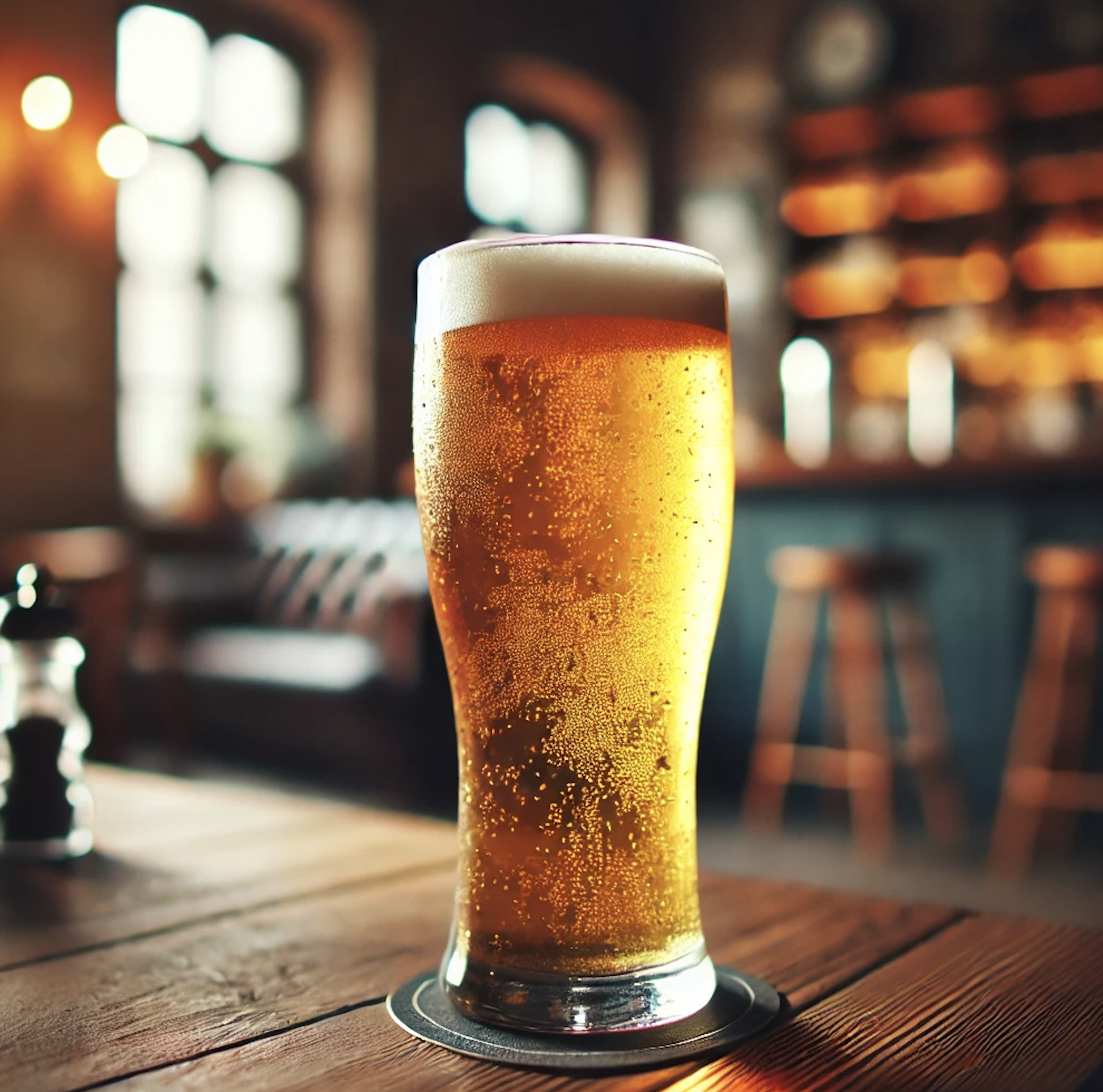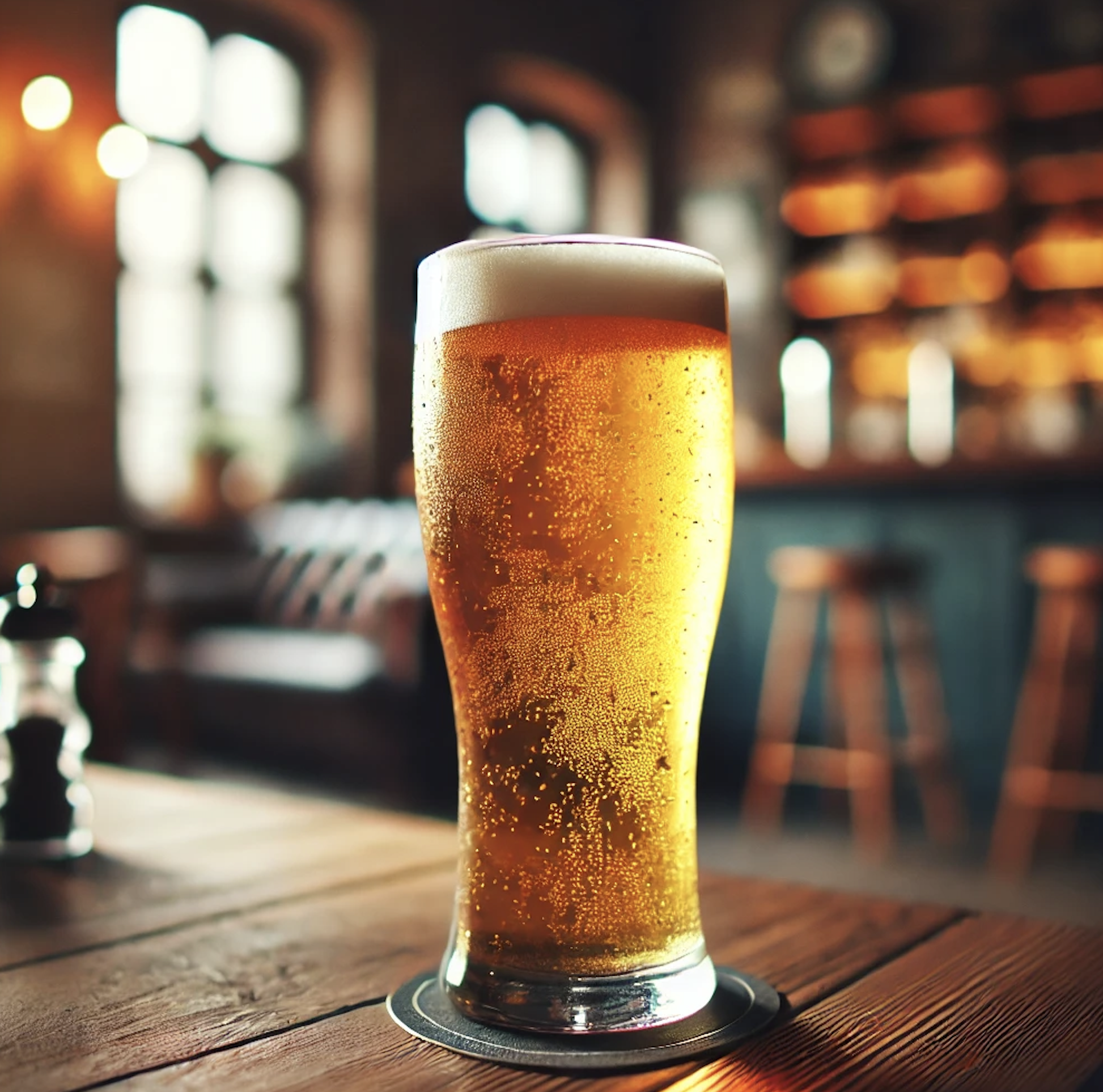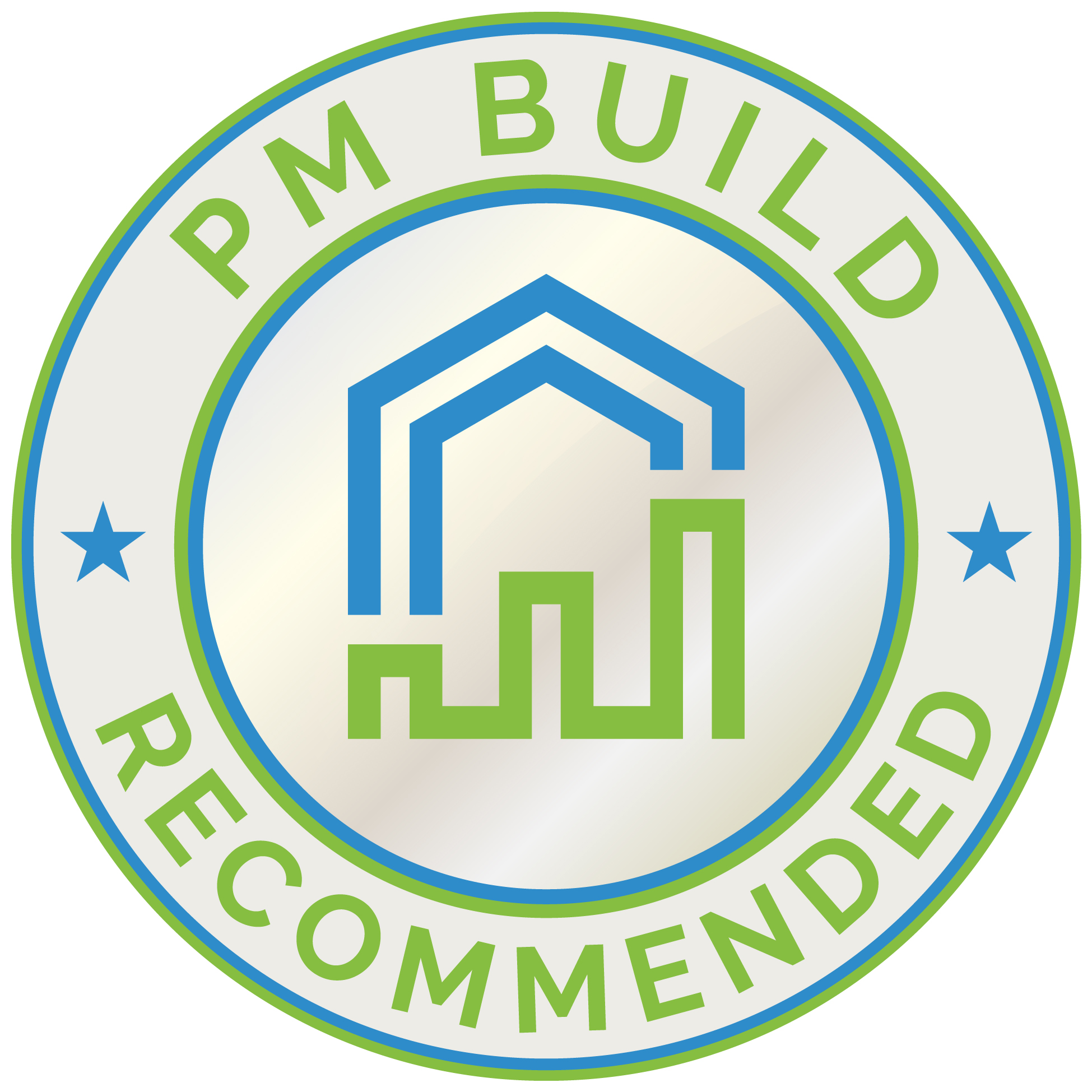As a parent, you’re probably feeling a mix of excitement and concern as your UW-Eau Claire (UWEC) student prepares to rent their first off-campus house with friends. This is a big step toward independence that can also raise questions. One of the most pressing concerns is whether your young adult student might be exposed to, or tempted by, drugs or excessive alcohol use.
Here’s an article to help guide you to understand the situation, support your student, and offer helpful strategies to deal with these new challenges.
Understanding the Substance Use Environment at UWEC

New Freedom: College life often brings more freedom, and with it comes greater exposure to alcohol and drugs. Studies show that substance use is common among college students. Nationally, 49% of full-time college students reported drinking alcohol in the past month, and 29% engaged in binge drinking during that time ( Substance Abuse and Mental Health Services Administration SAMHSA). Marijuana use is also prevalent, with about 44% of college students admitting to having used it in the past year (National Institute on Drug Abuse). These statistics are alarming. However, many college students choose to abstain and engage in healthier social activities.
Illegal Weed: Wisconsin has not legalized marijuana (weed, pot). Smoking weed will likely trend upward as more states legalize recreational use and getting high recreationally becomes more socially accepted. The adjacent states of Minnesota, Michigan, and Illinois have legalized recreational use of pot to get high. Students from weed legal states will want to be certain to leave their pipes, bongs, and gummies outside of the state of Wisconsin. They should thoroughly clean their automobiles to remove any trace of marijuana. The Eau Claire Police Department has K-9 units trained with dogs to sniff out the illegal weed. The Eau Claire Police Department and UWEC Police Department work hand in hand with K-9 units. Meet the dogs: https://backtheblue.quora.com/Here-are-photos-of-the-Eau-Claire-Police-Department-K9s-two-retired-and-one-that-retired-left-to-go-to-a-different-Poli & https://www.wqow.com/townnews/police/meet-bolt-eau-claire-police-welcome-new-k9/article_261cc306-b5e1-11ec-b533-9fa3e356de4d.html. If your student is going to smoke pot, have them purchase it from a dispensary store where marijuana is legal to ensure that it is pure. It is rare, just like razor blades in Halloween apples are rare, street weed could be laced, so get the store bought pot.
Opioids: Heroin and synthetic opioids like illicit fentanyl are commonly smuggled into Wisconsin from outside the U.S., particularly through the southern border. Mexican drug cartels are significant suppliers of heroin and fentanyl, which is often shipped into the state via interstate highways. I-94 serves as a conduit for opioid shipments into Eau Claire. Since 2019 UWEC has been installing emergency use Narcan stations on campus which would not be as readily available to someone living off-campus https://www.uwec.edu/stories/uw-eau-claire-makes-narcan-readily-available-campus-help-prevent-overdose-deaths

Why UWEC Off-Campus Living Increases Exposure
Conduct: On-campus housing and UWEC students living off-campus follow the same UWEC Student Conduct Code, https://kb.uwec.edu/articles/blugold-student-conduct-code. Despite the same rules about drinking and drugs for all UWEC students, off-campus housing is more private, without Resident Assistants (RA), and without Residence Hall Directors. Living off-campus with less supervision often means fewer restrictions compared to living in a dorm. This increased freedom can lead to more opportunities for UWEC students to be in social situations where alcohol and drugs are present.
Parties: Parties, social gatherings, and peer pressure can become more frequent. Friends or roommates might host parties where alcohol is available and students may have neighbors (also most likely students) who use substances. This doesn’t mean your student will necessarily engage in these behaviors, but it’s important to be aware that the exposure risk is higher(SAMHSA)(National Institute on Drug Abuse).
Binging: The University of Wisconsin students are known for high alcohol consumption. In particular, UW-Madison consistently ranks top (American Addiction Centers Alcohol.org). Of course UW-Madison gets national attention due to its size and success of its athletics programs. This drinking culture is not exclusive to UW-Madison. Other Wisconsin universities, like UW-La Crosse and UW-Eau Claire, also see higher-than-average alcohol use. UWEC has large student populations in proximity to local bars. UWEC is known for its Water Street taverns. The UWEC off-campus housing is near, adjacent, and on Water Street.
What Are the Risks of Substance Use?
It’s natural to worry about your student’s health and safety. Excessive alcohol and drug use can have several negative consequences, including:
1.Health Risks: Overconsumption of alcohol can lead to alcohol poisoning, while drug use, especially marijuana or other illegal substances, can impair judgment and affect mental health (National Institute on Drug Abuse).
2.Academic Performance: Substance use can interfere with focus and lead to lower grades. Studies show that students who engage in heavy drinking or drug use are more likely to experience academic difficulties (SAMHSA). According to the National Library of Medicine, https://www.ncbi.nlm.nih.gov/pmc/articles/PMC5094349/, marijuana's main psychoactive chemical, THC, causes its effect by attaching to receptors in brain regions that are vital for memory formation, including the hippocampus, amygdala, and cerebral cortex. THC attached to these brain regions make students forget what they learned at school.
3.Legal Consequences: If your student is under 21, drinking alcohol is illegal, and using drugs for all ages is illegal. Use can lead to fines, arrest, or even expulsion from school. If you are over 21 and provide alcohol to someone under 21 there can also be additional legal consequences, especially if the underage person is injured or injures someone else while being impaired.
4.Alcohol Content: Since we learned that about half of full-time students drink, your student will at some point be exposed to alcohol. It is important to learn what “proof” means and the different amounts of alcohol in different drinks and beverages. Micro-brewed beers can have alcohol contents that exceed 10% ABV. Another consideration is absorption rate. Having a full stomach is not the only thing that affects absorption. The drinks' acidity, your mood, functional tolerance, metabolism, medications, illness, fatigue, sugars, and caffeine can also impact how alcohol will affect your body.
While your student may be exposed to these risks, there are ways to reduce the likelihood of engaging in dangerous behaviors.
How to Talk to Your Student About Substance Use
Having an open and honest conversation with your student about substance use is one of the best ways to help them make responsible decisions. Here are a few tips on how to approach the topic:
1.Start Early: Don't wait until the problem arises. Your student has probably already been exposed several times. It is still important to start the conversation before they move off-campus. Acknowledge these situations exist and that you're here to support them.
2.Listen and Be Non-Judgmental: It’s important to listen to your student’s thoughts and feelings without judging them. This creates an open line of communication, so they feel comfortable coming to you if they face any problems. Respecting what your student chooses to do, whether right or wrong, is very very important. Once you judge your student, you cause disrespect, and the student could shut the door to open and honest conversation with you. Your student is now an adult and needs to be treated as such to fully mature and fully engage openly with you. Your student is hungry for your love, affection, approval, and wisdom. Your student is likely tied financially to you as well. It is so very very important to listen and be non-judgmental or the student will not seek your wisdom with difficult decisions. You could become suspicious of what they do with the money you provide and your relationship with your student will not be as strong. This is an interesting time for the student-parent relationship. Both parent and student could slip up and make inappropriate comments and errors. Be open about the mistakes that are being made. Making mistakes is how we learn and grow. Share the mistakes you make with your students and they will see you as humble and sincerely wanting to help them. They will see you also desire to continually grow and develop. Your student will follow this example and open up to you as they will also want to learn from their mistakes, grow, and develop into a better version of themselves. When the student does the right thing, be certain to acknowledge and tell them that you are proud of them…adulting is difficult. Everyone loves recognition.
3.Set Expectations: While they’re gaining independence, make sure your student knows that you expect them to make responsible choices. Encourage them to set limits on alcohol consumption and to avoid using illegal drugs (National Institute on Drug Abuse).
4.Offer Strategies for Handling Peer Pressure: Teach your student how to say no to alcohol or drugs in a way that feels comfortable for them. Sometimes, it’s as simple as telling friends, “I’ve got an early class tomorrow,” or offering to be the designated driver. “No.”, is a complete sentence and others should respect your students' decisions.
Encourage Healthy Social Choices
Not all social activities revolve around alcohol or drugs. Encourage your student to seek out friends and activities that don’t center on substance use. Many colleges, including UWEC, offer clubs, sports, and organizations where students can build strong friendships without the pressure to drink or use drugs.
It’s also helpful to remind your student that many of their peers are making similar choices. According to the National Institute on Drug Abuse (NIDA), about 20% of college students abstain from alcohol entirely, and many more drink only occasionally (National Institute on Drug Abuse). Let your student know it’s okay to have fun without substances. Many establishments offer alcohol free mocktails that allow your student to participate in holding a cool colorful wowzer drink without the buzz and hangover.
Resources Available for Your Student
UWEC offers several resources to help students who may be struggling with substance use or who want to avoid it:
1.Counseling Services: UWEC provides free and confidential counseling services ( https://www.uwec.edu/offices-services/counseling-services ) for students. This can be helpful if your student is feeling overwhelmed or is unsure how to navigate substance-related pressures.
2.Substance Use Education Programs: Many schools, including UWEC, offer educational programs on the risks of drugs and alcohol. These programs often include tips on how to stay safe and avoid risky behaviors. Encourage your student to take advantage of these resources if they ever feel the need for support.
What to Do If You Suspect Your UWEC Student Is Struggling with Use
If you notice changes in your student’s behavior, such as falling grades, increased isolation, or signs of excessive partying, it’s important to address your concerns calmly, directly, and respectfully. Ask them how they’re feeling and if they’re having trouble managing the pressures of college life.
If substance use is becoming a problem, there are treatment and recovery resources available, both on and off-campus. The Substance Abuse and Mental Health Services Administration (SAMHSA) offers a treatment locator to help find local support (SAMHSA).
A Balanced Approach to UWEC Off-Campus Living
Off-campus living is a big step in your student's journey. While there may be new risks, especially when it comes to exposure to drugs and alcohol, with the right support, your student can navigate these challenges responsibly. With your guidance and the assistance of UW-EC, this can be a great opportunity for your student to take that next step in life and live independently in their first apartment.
By maintaining open communication, setting clear expectations, and offering resources, you can help your student make healthy choices during this exciting time. Encourage them to focus on their academic goals, participate in positive social activities, and seek help if they need it. Together, you can ensure that their off-campus experience is safe, enjoyable, and enriching.
For more information, you can explore reports and statistics from the National Institute on Drug Abuse (NIDA)(National Institute on Drug Abuse), Substance Abuse and Mental Health Services Administration (SAMHSA), and other trusted resources.
The University of Wisconsin-Eau Claire (UWEC) follows both state and federal laws regarding marijuana and drug use. Here are the key points about UWEC's policy:
Illegal Under Federal Law: Even though marijuana is legal in some states for recreational use, it remains illegal under federal law. UWEC, like all universities receiving federal funding, must comply with the Drug-Free Schools and Communities Act, which prohibits the use, possession, or distribution of marijuana on campus or at university-sponsored events.
On-Campus Prohibition: The use, possession, or distribution of marijuana in any form is strictly prohibited on all UWEC property. This includes residence halls, classrooms, and other campus buildings.
Off-Campus Use: While off-campus policies are more subject to local laws, UWEC students are still expected to comply with the student conduct code. Any marijuana-related violations, whether on or off-campus, can result in disciplinary action by the university.
Disciplinary Actions: Students caught using or possessing marijuana can face consequences such as warnings, probation, suspension, or expulsion from the university. UWEC also emphasizes education and resources for students who might be struggling with substance use.
Receiving federal funds means UWEC must comply with Drug-Free Schools and Communities Act (DFSCA). This act mandates that UWEC must implement drug prevention programs and enforce policies prohibiting the use of drugs (including marijuana) on campus. Here’s a useful link to an overview of the act; U.S. Department of Education Guidance: https://safesupportivelearning.ed.gov/sites/default/files/hec/product/dfscr.pdf. Considering all of the federally funded programs asking the Dean of Students for help seems appropriate too. UWEC would not jeopardize losing the federal funds.
Disclaimer
Hey there! Thanks for reading our stuff. We want you to know a few important things:
We're General Property Management LLC, right here in good old Eau Claire, WI. You can make an appointment to visit us. Our office is located at 703 5th Avenue #1, Eau Claire, WI 54703 or send written correspondence to General Property Management, LLC, P.O. Box 283, Eau Claire, WI 54702.
If you need to reach us, our email is contact@ec4rent.com and our phone number is 715-832-1200.
We try our best to give you good information, but we're not lawyers. If you have a serious legal problem, it's best to talk to a real attorney.
If you spot any mistakes in what we've written, please let us know! We'd love to fix it or take it down if needed.
We always welcome your comments and thoughts. Your feedback helps us do better!
Remember, when we all do our little part, the world is a better place.
Sources
Substance Abuse and Mental Health Services Administration: https://www.samhsa.gov/data/report/day-life-college-students-aged-18-22-substance-use-facts
National Institute on Drug Abuse: https://nida.nih.gov/research-topics/college-age-young-adults
The Eau Claire Police Department & UWEC Police Department K-9 units. Meet the dogs: https://backtheblue.quora.com/Here-are-photos-of-the-Eau-Claire-Police-Department-K9s-two-retired-and-one-that-retired-left-to-go-to-a-different-Poli & https://www.wqow.com/townnews/police/meet-bolt-eau-claire-police-welcome-new-k9/article_261cc306-b5e1-11ec-b533-9fa3e356de4d.html
UW-Eau Claire Narcan: https://www.uwec.edu/stories/uw-eau-claire-makes-narcan-readily-available-campus-help-prevent-overdose-deaths
UWEC Student Conduct Code: https://kb.uwec.edu/articles/blugold-student-conduct-code
American Addiction Centers: https://alcohol.org/statistics-information/college-towns/
National Library of Medicine: https://www.ncbi.nlm.nih.gov/pmc/articles/PMC5094349/
UWEC (free and confidential) counseling services: https://www.uwec.edu/offices-services/counseling-services
Drug-Free Schools and Communities Act (DFSCA): U.S. Department of Education Guidance: https://safesupportivelearning.ed.gov/sites/default/files/hec/product/dfscr.pdf




